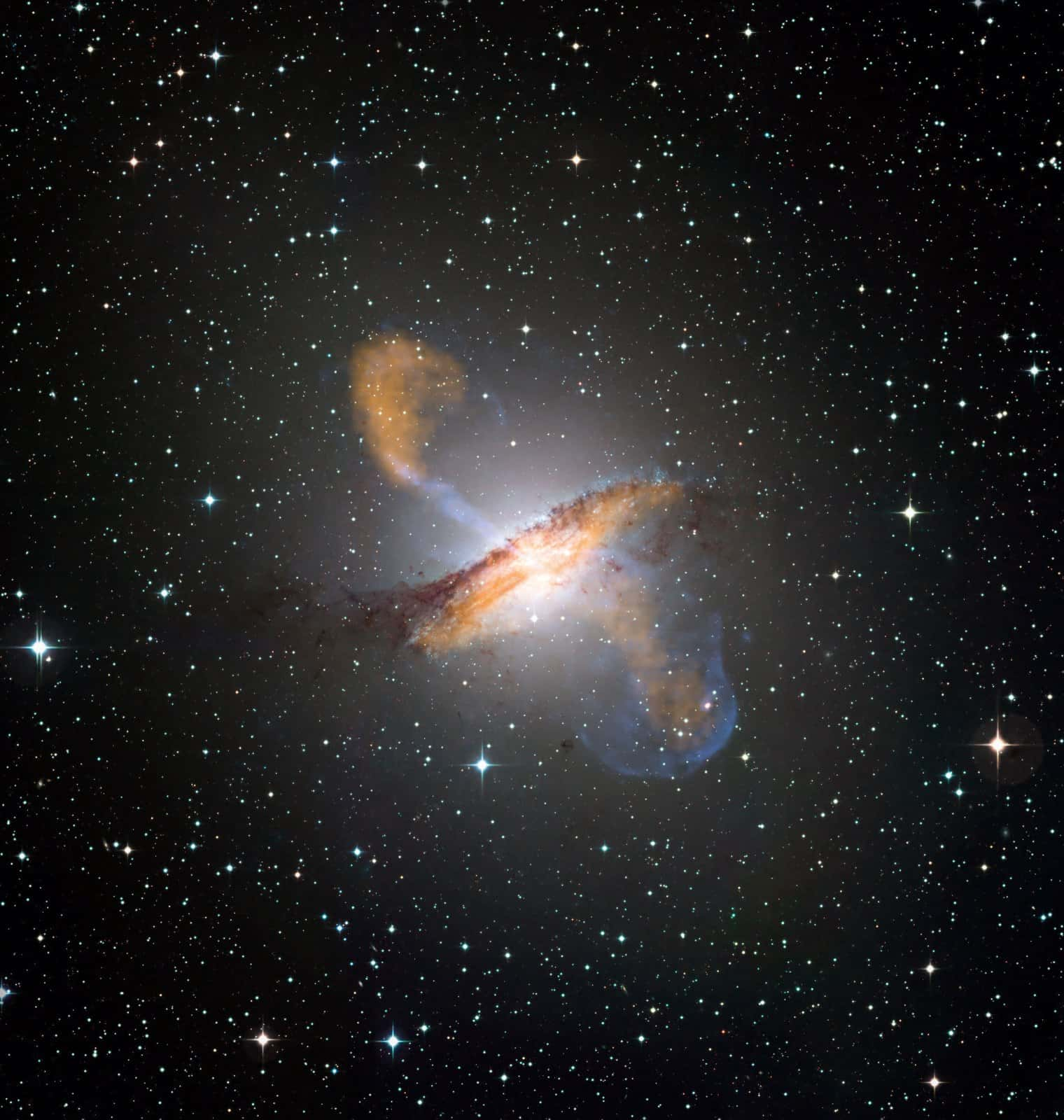Jihadi groups have attacked or destroyed at least 40 mosques in Pakistan in recent years, killing hundreds of worshippers.
Jihadi groups have attacked or destroyed at least 40 mosques in Pakistan in recent years, killing hundreds of worshippers, a move that is being dubbed by a former Indian envoy as "random terrorism".
The strategy of targeting mosques at prayer time is now increasingly being used by terrorist groups across Pakistan as this has become a lethal way to create terror.
According to the available data, about 40 mosques have been targeted either by Taliban or other terror groups like Sipah-e-Sahaba (SS), Lashkar-e-Jhangvi (LeJ) and Jaish-e- Mohammad (JeM) since 2002 across Pakistan with four being attacked this year so far.
"This is random terrorism," former Indian high commissioner to Pakistan G Parthasarthy said, when asked about the attack on religious places in the neighbouring country.
Taliban wants to spread their extremist Deoband brand of Islam which is different from what people in India follow. They have aligned with a number of Sunni extremist groups like SS, LeJ and JeM, the former Indian high commissioner to Pakistan said.
Former diplomat Satish Chandra says there is lot of sectarian violence in Pakistan mainly fomented by the Taliban.
The recent in the series was the April five attack on a mosque in Punjab's Chakwal town which claimed 30 lives. On March 27, a suicide bomber blew himself up in a mosque packed with worshippers in Jamrud in NWFP killing 76 people and reducing the roadside mosque to rubble.
On February five, over 32 people were killed when a suicide bomber blew himself up amidst a crowd of worshippers outside Al Hussainia Mosque in Dera Ghazi Khan in Punjab. So far over 200 people have been killed in the attacks on mosques this year.
"Taliban has killed thousands of Shias in Afghanistan and these groups in Pakistan are doing similar things against Shias and Sunni Barelvi Muslims to create terror," Parthasarthy said.
Pakistan's Interior Minitry chief Rehman Malik has said in the past that al-Qaeda has been using the LeJ and SS to execute terrorist attacks in Pakistan.
Muslim clerics have also condemned the attacks on mosques and other religios shrines, saying Islam never permits such acts and these acts are "un-Islamic".
Islamic scholar and Jamiat-Ulema-e-Hind spokesman Maulana Abdul Hameed Nomani said, "A true Muslim can never target a religious shrine. This kind of acts are inhumane and the culprits must be punished."
"This is un-Islamic act," he said.
All India Muslim Personal Law Board vice president and Islamic scholar Maulana Kalbe Sadiq said: "Those who carry out such attacks doesn't deserve to be called Muslims."
"Such acts are against the basic Islamic principles," he said and questioned the silence of Muslim leaders.
"When Babri Mosque was demolished, there was hue and cry everywhere but why the same people are now silent when mosques are being destroyed and innocents are being killed?" Sadiq asked.
In 2008, the mosques were targeted on 12 occasions with major being in Tull tehsil of NWFP, in Badan village of Bajaur Agency and in Maskanai area of lower Dir in NWFP. Over 80 people were killed in these attacks.
In 2007, over half a dozen mosques were targeted in which more than 100 people were killed.
The major attack was near Qasim Ali Khan Mosque in the Dilgaran area of Qissa Khawani Bazaar in Peshawar which claimed 15 lives in January. In December, over 50 people were killed when a suicide bomber blew himself up in the midst of worshippers offering Id-ul-Adha prayers in Charsadda in NWFP.
In 2005, the major terror attack took place in May in which 25 people, including suicide bomber, were killed at the Bari Imam shrine located in vicinity of the diplomatic enclave in Islamabad.
In 2004, around 100 worshippers were killed in more than half a dozen attacks on mosques in Karachi, Sialkot, Lahore and other cities.
In 2003, five major attacks were reported including the strikes on a mosque in Quetta, capital of Balochistan, that killed at least 53 people.
In 2002, a chief cleric at a Karachi mosque was killed in the attack on the complex.
![submenu-img]() Mukesh Ambani’s daughter Isha Ambani’s firm launches new brand, Reliance’s Rs 8200000000000 company to…
Mukesh Ambani’s daughter Isha Ambani’s firm launches new brand, Reliance’s Rs 8200000000000 company to…![submenu-img]() Sonali Bendre says producers called her 'too thin', tried to ‘fatten her up' during the 90s: ‘They'd just tell me...'
Sonali Bendre says producers called her 'too thin', tried to ‘fatten her up' during the 90s: ‘They'd just tell me...'![submenu-img]() Heavy rains in UAE again: Dubai flights cancelled, schools and offices shut
Heavy rains in UAE again: Dubai flights cancelled, schools and offices shut![submenu-img]() When 3 Bollywood films with same story released together, two even had same hero, all were hits, one launched star kid
When 3 Bollywood films with same story released together, two even had same hero, all were hits, one launched star kid![submenu-img]() Gautam Adani’s firm gets Rs 33350000000 from five banks, to use money for…
Gautam Adani’s firm gets Rs 33350000000 from five banks, to use money for…![submenu-img]() DNA Verified: Is CAA an anti-Muslim law? Centre terms news report as 'misleading'
DNA Verified: Is CAA an anti-Muslim law? Centre terms news report as 'misleading'![submenu-img]() DNA Verified: Lok Sabha Elections 2024 to be held on April 19? Know truth behind viral message
DNA Verified: Lok Sabha Elections 2024 to be held on April 19? Know truth behind viral message![submenu-img]() DNA Verified: Modi govt giving students free laptops under 'One Student One Laptop' scheme? Know truth here
DNA Verified: Modi govt giving students free laptops under 'One Student One Laptop' scheme? Know truth here![submenu-img]() DNA Verified: Shah Rukh Khan denies reports of his role in release of India's naval officers from Qatar
DNA Verified: Shah Rukh Khan denies reports of his role in release of India's naval officers from Qatar![submenu-img]() DNA Verified: Is govt providing Rs 1.6 lakh benefit to girls under PM Ladli Laxmi Yojana? Know truth
DNA Verified: Is govt providing Rs 1.6 lakh benefit to girls under PM Ladli Laxmi Yojana? Know truth![submenu-img]() Remember Ayesha Kapur? Michelle from Black, here's how actress, nutrition coach, entrepreneur looks after 19 years
Remember Ayesha Kapur? Michelle from Black, here's how actress, nutrition coach, entrepreneur looks after 19 years![submenu-img]() Remember Heyy Babyy's cute 'Angel' Juanna Sanghvi? 20 year-old looks unrecognisable now, fans say 'her comeback will...'
Remember Heyy Babyy's cute 'Angel' Juanna Sanghvi? 20 year-old looks unrecognisable now, fans say 'her comeback will...'![submenu-img]() In pics: Arti Singh stuns in red lehenga as she ties the knot with beau Dipak Chauhan in dreamy wedding
In pics: Arti Singh stuns in red lehenga as she ties the knot with beau Dipak Chauhan in dreamy wedding![submenu-img]() Actors who died due to cosmetic surgeries
Actors who died due to cosmetic surgeries![submenu-img]() See inside pics: Malayalam star Aparna Das' dreamy wedding with Manjummel Boys actor Deepak Parambol
See inside pics: Malayalam star Aparna Das' dreamy wedding with Manjummel Boys actor Deepak Parambol ![submenu-img]() DNA Explainer: Why Harvey Weinstein's rape conviction was overturned, will beleaguered Hollywood mogul get out of jail?
DNA Explainer: Why Harvey Weinstein's rape conviction was overturned, will beleaguered Hollywood mogul get out of jail?![submenu-img]() What is inheritance tax?
What is inheritance tax?![submenu-img]() DNA Explainer: What is cloud seeding which is blamed for wreaking havoc in Dubai?
DNA Explainer: What is cloud seeding which is blamed for wreaking havoc in Dubai?![submenu-img]() DNA Explainer: What is Israel's Arrow-3 defence system used to intercept Iran's missile attack?
DNA Explainer: What is Israel's Arrow-3 defence system used to intercept Iran's missile attack?![submenu-img]() DNA Explainer: How Iranian projectiles failed to breach iron-clad Israeli air defence
DNA Explainer: How Iranian projectiles failed to breach iron-clad Israeli air defence![submenu-img]() Sonali Bendre says producers called her 'too thin', tried to ‘fatten her up' during the 90s: ‘They'd just tell me...'
Sonali Bendre says producers called her 'too thin', tried to ‘fatten her up' during the 90s: ‘They'd just tell me...'![submenu-img]() When 3 Bollywood films with same story released together, two even had same hero, all were hits, one launched star kid
When 3 Bollywood films with same story released together, two even had same hero, all were hits, one launched star kid![submenu-img]() Salman Khan house firing case: Family of deceased accused claims police 'murdered' him, says ‘He was not the kind…’
Salman Khan house firing case: Family of deceased accused claims police 'murdered' him, says ‘He was not the kind…’![submenu-img]() Meet actor banned by entire Bollywood, was sent to jail for years, fought cancer, earned Rs 3000 crore on comeback
Meet actor banned by entire Bollywood, was sent to jail for years, fought cancer, earned Rs 3000 crore on comeback ![submenu-img]() Karan Johar wants to ‘disinherit’ son Yash after his ‘you don’t deserve anything’ remark: ‘Roohi will…’
Karan Johar wants to ‘disinherit’ son Yash after his ‘you don’t deserve anything’ remark: ‘Roohi will…’![submenu-img]() IPL 2024: Bhuvneshwar Kumar's last ball wicket power SRH to 1-run win against RR
IPL 2024: Bhuvneshwar Kumar's last ball wicket power SRH to 1-run win against RR![submenu-img]() BCCI reacts to Rinku Singh’s exclusion from India T20 World Cup 2024 squad, says ‘he has done…’
BCCI reacts to Rinku Singh’s exclusion from India T20 World Cup 2024 squad, says ‘he has done…’![submenu-img]() MI vs KKR, IPL 2024: Predicted playing XI, live streaming details, weather and pitch report
MI vs KKR, IPL 2024: Predicted playing XI, live streaming details, weather and pitch report![submenu-img]() IPL 2024: How can RCB and MI still qualify for playoffs?
IPL 2024: How can RCB and MI still qualify for playoffs?![submenu-img]() MI vs KKR IPL 2024 Dream11 prediction: Fantasy cricket tips for Mumbai Indians vs Kolkata Knight Riders
MI vs KKR IPL 2024 Dream11 prediction: Fantasy cricket tips for Mumbai Indians vs Kolkata Knight Riders ![submenu-img]() '25 virgin girls' are part of Kim Jong un's 'pleasure squad', some for sex, some for dancing, some for...
'25 virgin girls' are part of Kim Jong un's 'pleasure squad', some for sex, some for dancing, some for...![submenu-img]() Man dances with horse carrying groom in viral video, internet loves it
Man dances with horse carrying groom in viral video, internet loves it ![submenu-img]() Viral video: 78-year-old man's heartwarming surprise for wife sparks tears of joy
Viral video: 78-year-old man's heartwarming surprise for wife sparks tears of joy![submenu-img]() Man offers water to thirsty camel in scorching desert, viral video wins hearts
Man offers water to thirsty camel in scorching desert, viral video wins hearts![submenu-img]() Pakistani groom gifts framed picture of former PM Imran Khan to bride, her reaction is now a viral video
Pakistani groom gifts framed picture of former PM Imran Khan to bride, her reaction is now a viral video
















































)
)
)
)
)
)